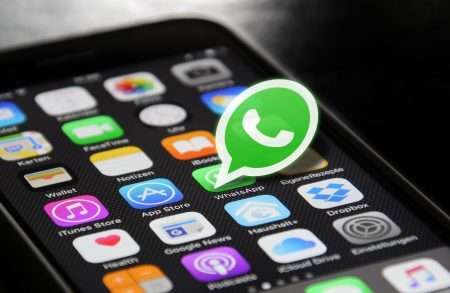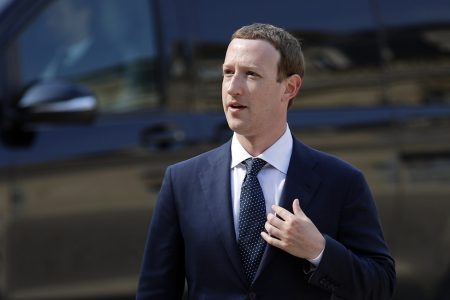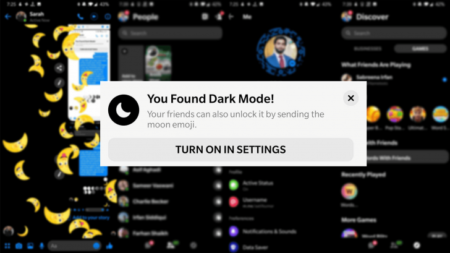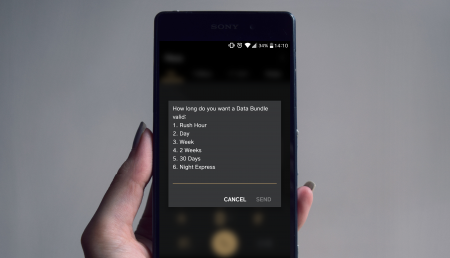Mobile operator MTN has announced it’s got a new MTN-branded smartphone heading to its stores priced at a mere R249.
Search Results: WhatsApp (680)
If you want a good picture of what Facebook seems to be pivoting itself to become, start using that great everything app WeChat.
South Africans tend to think of it as just a messaging app, an alternative to WhatsApp.
Facebook’s founder and CEO Mark Zuckerberg’s latest promise is that his social media conglomerate will become a “privacy-focused” one. By turns lauded and lambasted, this move does not quite address users’ primary problems with the company.
If ever Alanis Morrissette wanted a definition of “ironic” it was Mark Zuckerberg’s use last week of the word “privacy”. He says bizarre things like Robert Mugabe used to, oblivious to the reality on the ground, and how absurd his utterance sound.
We’ve gotten used to Facebook being rather terrible at anything like protecting user privacy, being transparent about … most things, or keeping its promises. So we could be forgiven for being skeptical of Mark Zuckerburg’s newest note to the internet, which claims that Facebook is looking towards a “privacy-focused” future for the social network.
Dark mode is finally rolling out on Facebook Messenger, and whether or not you’re a dark-mode enthusiast, you’re gonna want to enable it here.
This week, mobile operators in South Africa need to comply with Icasa’s new rules concerning mobile data, but most of them are still hellbent on screwing consumers.
It’s the smartphone lover’s favourite time of the year. Barcelona, Spain plays host to Mobile World Congress, where much of the world (except Apple) shows off what’s new (in the near-future distant future) in mobile tech. This morning was Sony’s crack at showing off what’s coming and we were there to get all the details.
As the internet continues to gain considerable power and agency around the world, many governments have moved to regulate it. And where regulation fails, some states resort to internet shutdowns or deliberate disruptions.
The deluge of cyberattacks sweeping across the world has governments and companies thinking about new ways to protect their digital systems, and the corporate and state secrets stored within. For a long time, cybersecurity experts have erected firewalls to keep out unwanted traffic and set up decoy targets on their networks to distract hackers who do get in. They have also scoured the internet for hints about what cybercriminals might be up to next to better protect themselves and their clients.










